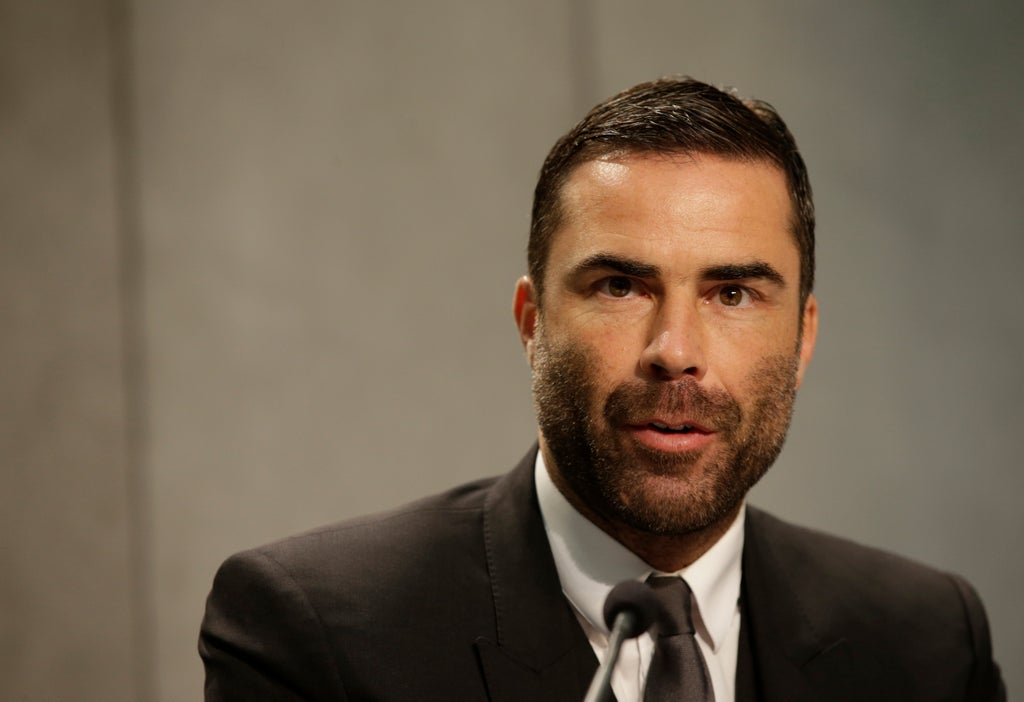
The former head of the Vatican’s financial watchdog testified Tuesday that the agency launched an intelligence investigation into a suspicious London real estate deal after it learned about it but had no power to stop the Vatican secretariat of state from concluding it.
The testimony by defendant Rene Bruelhart in the Vatican’s big fraud and extortion trial again put the spotlight on Pope Francis and the No. 2 in the secretariat of state, Archbishop Edgar Pena Parra, who Bruelhart said made clear the deal had to be concluded “under any circumstances.”
The Vatican’s payment of 15 million euros to Italian broker Gianluigi Torzi to get full ownership of the building is at the heart of the trial into the London property, which has grown to include other financial charges. Prosecutors accuse 10 people, including Torzi, other Italian money managers and Vatican officials, of defrauding the Holy See and extorting it of millions, with losses totaling 217 million euros.
Several witnesses have previously asserted that Francis approved the payment to Torzi, with one saying the pope was so pleased with the outcome of the deal that he paid for a celebratory dinner on May 2, 2019 for the Vatican officials who negotiated it.
The payout to Torzi was deemed necessary because the Vatican secretariat of state had signed contracts with him at the end of 2018 giving him full control over the building. When the Vatican realized that it didn’t own the building, a decision was made to negotiate an exit deal for Torzi rather than sue.
The concern in the Vatican was that Torzi might sell the building, leaving the Vatican empty handed after investing 350 million euros into it, and that the Holy See was in a weak position to try to sue, given the contracts it had signed. Pena Parra was also concerned about reputational damage if the losses became public, Bruelhart testified.
Bruelhart is accused of abuse of office for having allegedly failed as president of the Financial Information Authority to file a formal complaint with Vatican prosecutors when he learned about the London deal on March 7, 2019, and of having failed to stop the payment to Torzi.
Bruelhart testified Tuesday that the agency had no authority to supervise the secretariat of state, much less stop it from paying off Torzi. But he said the agency promptly did its job when the secretariat of state filed a suspicious transaction report about the deal on March 22, 2019.
He said the same day he learned from Pena Parra about the deal on March 7, 2019, he met with Francis and the pope “confirmed the need to help the secretariat of state.” He said he briefed Francis on the progress of the agency’s intelligence investigation after it was launched later that month.
Later, in April of that year, the Vatican’s London-based law firm advised the Holy See of the risks if it wanted to continue negotiating an exit deal with Torzi. But Bruelhart told the Vatican tribunal: “The decision was clearly and exclusively with the secretariat of state. AIF had no supervision over the secretariat of state.”
And he said in his meetings with Pena Parra on April 16, 2019, he realized “that the secretariat of state wanted to proceed under any circumstances.”
Pena Parra and his superiors have not been charged. Also escaping indictment was Pena Parra's deputy, who actually signed the contracts with Torzi; he has turned into the prosecution's star-witness.







